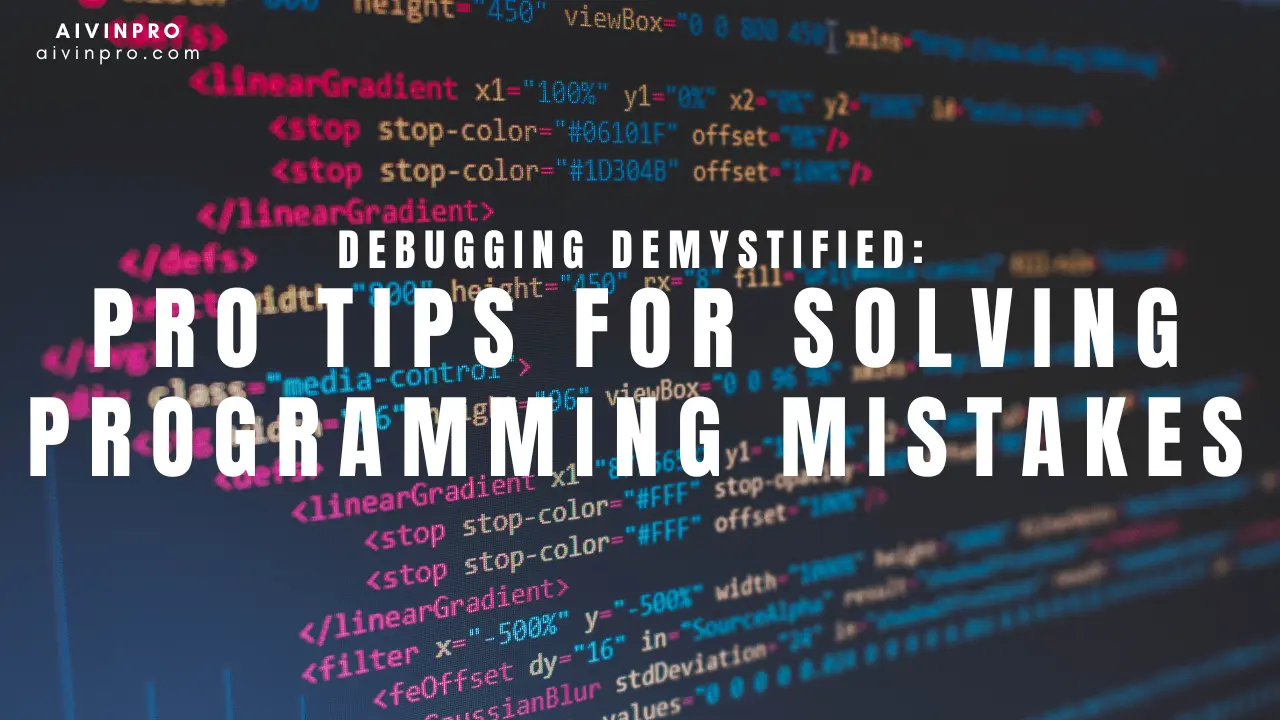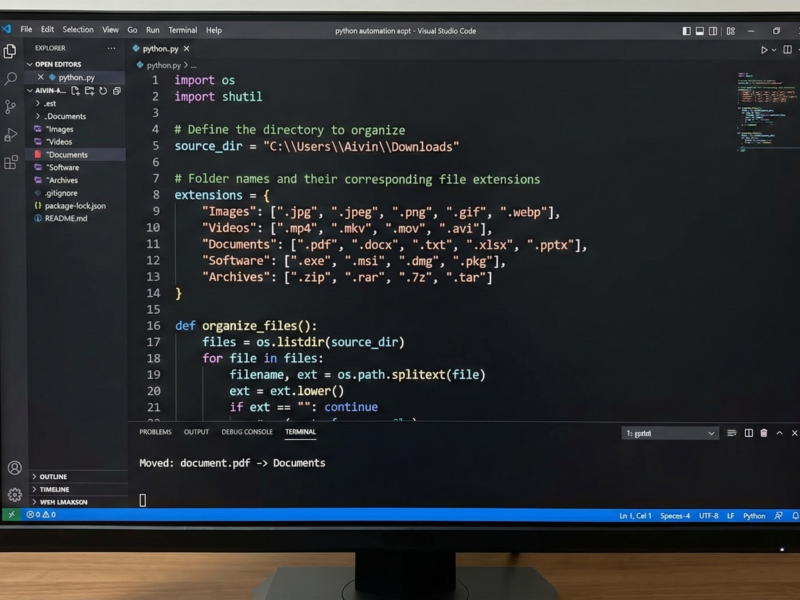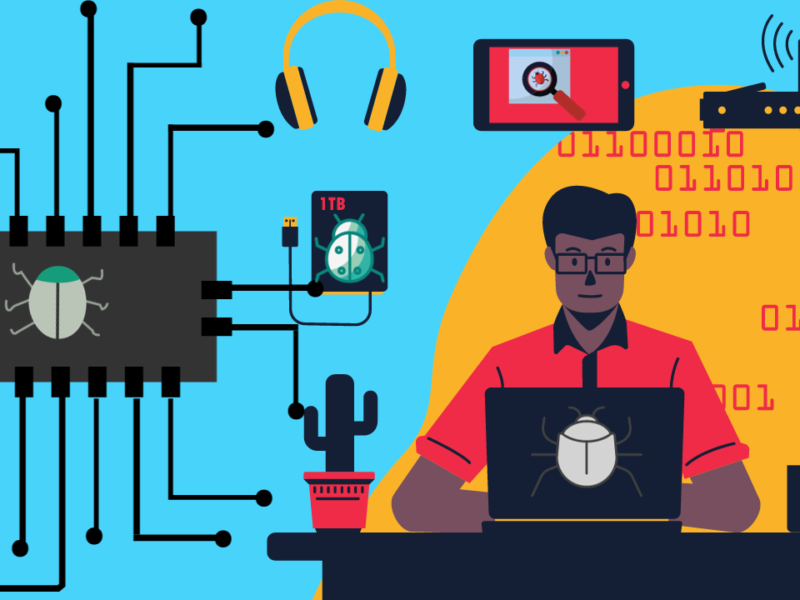Debugging is a fundamental aspect of programming that often distinguishes novice coders from experienced developers. Picture yourself constructing a complex piece of software, only to have it stumble due to sneaky bugs that suddenly manifest. Fear not! In this article, we’ll plunge into the realm of debugging, revealing essential insights and strategies that will empower you to conquer these troublesome glitches and emerge as a coding hero.
Understanding the Significance of Debugging
In the programming world, debugging resembles detective work. It entails spotting, isolating, and resolving errors within your code to guarantee smooth software execution. This process not only enhances application functionality but also cultivates your problem-solving acumen.
Exploring Common Types of Programming Errors
Diverse programming errors present distinct challenges. Syntax errors, often a thorn for beginners, materialize when code violates language rules. Runtime errors arise during program execution and can lead to crashes. Logic errors, the most cunning, materialize when program behavior deviates from your intentions.
Mastering Debugging Techniques and Strategies
- Print Statement: Well-placed print statements can offer valuable insights into program flow and variable values at various stages.
- Breakpoints and Step Through Code: Debuggers enable you to set breakpoints and navigate through code step by step, pinpointing where things go astray.
- Leveraging Integrated Development Environments (IDEs): IDEs come with built-in debugging tools, offering real-time insights and visualizations.
- Utilizing Debugger Tools: Debugger tools provide a comprehensive view of program execution, allowing analysis of variables, stack traces, and memory usage.
Adopting Preventive Measures: Crafting Clean and Maintainable Code
Effective debugging starts with preventing bugs. Writing clean, organized, and maintainable code reduces error chances. Meaningful variable names, consistent indentation, and modular practices contribute to code that’s easier to comprehend and debug.
Team-Based Problem Solving: Collaborative Debugging
Debugging need not be a solitary endeavor. Effective team collaboration can expedite bug identification and resolution. Clear issue documentation, version control systems, and pair programming contribute to efficient debugging.
Harnessing the Power of Online Debugging Resources
The internet is a goldmine of solutions for common programming predicaments. Efficiently searching for error messages and leveraging online forums and communities can save significant time.
Remaining Patient and Persistent: Overcoming Debugging Frustration
Debugging can be exasperating, particularly when solutions elude you. Remember, even seasoned developers face challenges. Patience, persistence, and breaks stave off burnout and hone problem-solving skills.
Real-Life Debugging Success Stories: Case Studies
Learning from others’ experiences is invaluable. We’ll delve into real-world cases where programmers tackled intricate bugs and emerged victorious. These stories offer insight into their strategies and lessons learned.
Debugging as a Skill: Cultivating Problem-Solving Prowess
As you delve deeper into debugging, you’re not merely mastering technical skills but also honing critical thinking and complex puzzle-solving abilities. Embrace debugging challenges as opportunities for growth.
Concluding the Debugging Journey
In the programming sphere, debugging transcends error correction; it’s a voyage of discovery and continuous enhancement. With an arsenal of strategies, an adaptable mindset, and a sprinkle of patience, you can confidently tackle any chaos that comes your way.
Frequently Asked Questions
Q: Is debugging exclusive to seasoned programmers? A: No, debugging is a skill all programmers should cultivate, regardless of expertise. It’s an integral part of the development journey.
Q: What’s the most common slip-up beginners make during debugging? A: Beginners often overlook the importance of checking for typos and syntax errors, which can lead to unforeseen behavior.
Q: When should I seek help from online resources? A: If you’ve spent a considerable time debugging independently without resolution, it’s wise to turn to online resources.
Q: Do specific debugging tools cater to certain programming languages? A: Yes, many programming languages offer dedicated debugging tools and libraries that aid in the debugging process.
Q: Can I apply debugging skills beyond programming? A: Absolutely! Debugging involves systematic problem-solving, a versatile skill applicable in diverse domains beyond programming.


